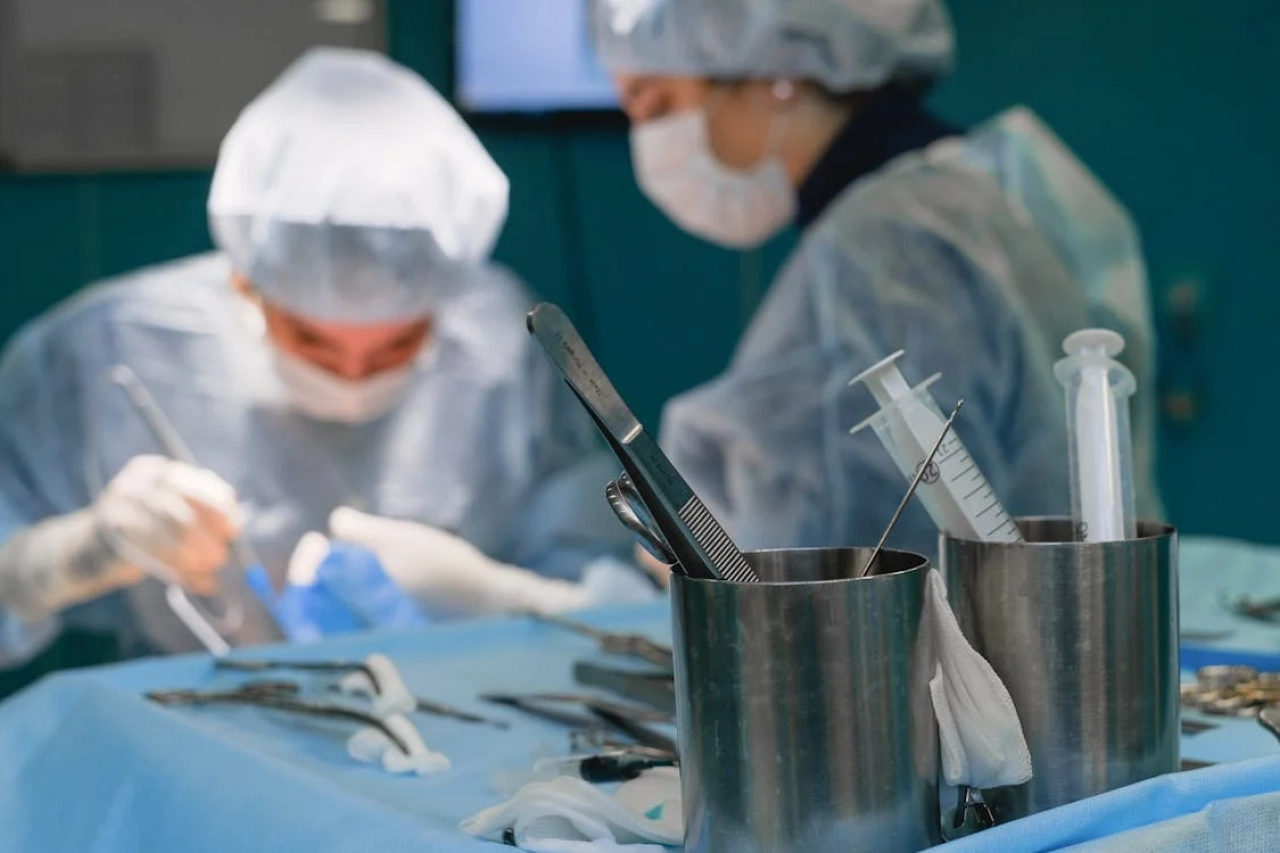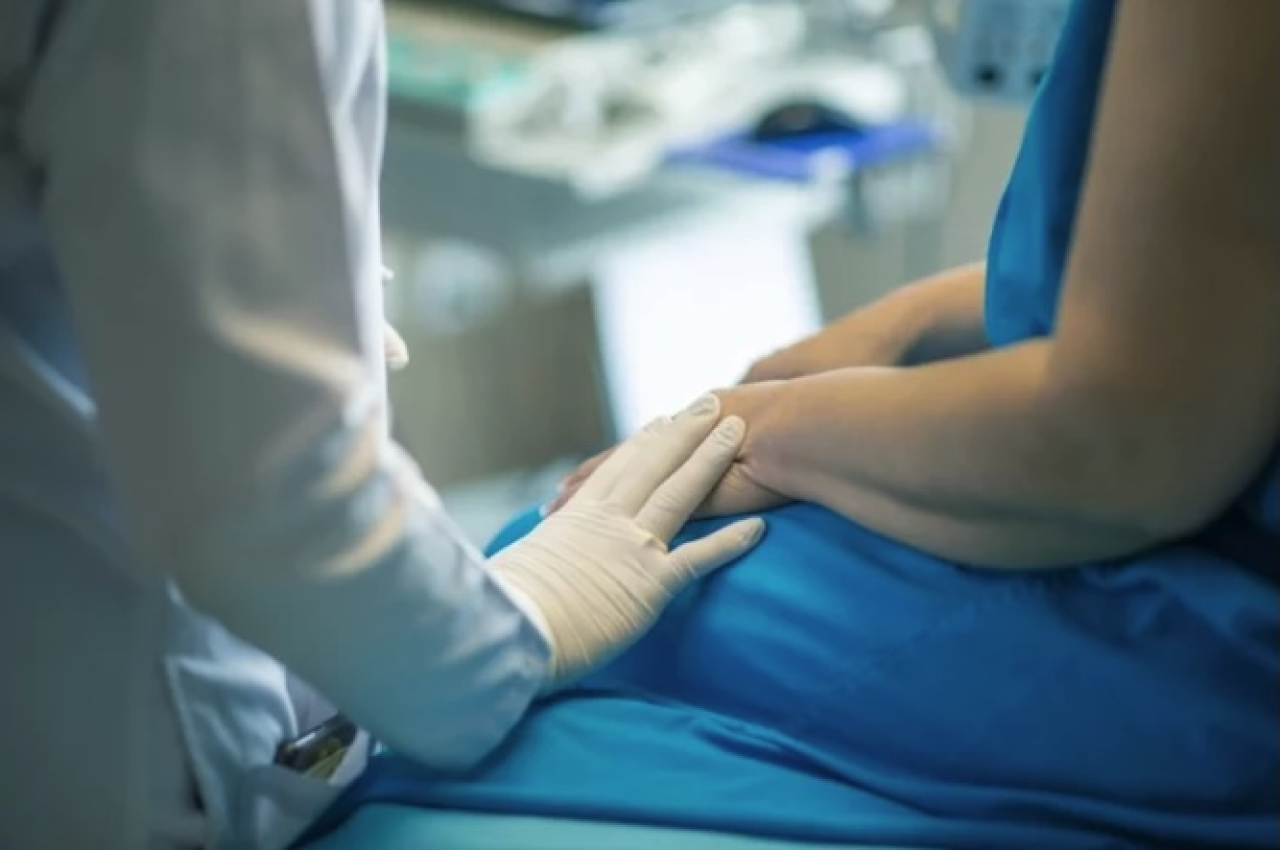Did you know we have a support group?
Your questions and concerns have most likely been asked and answered in our support group. Moderated by our dietitian's, nurses, and staff. We provide you with reliable patient education and resources to help you throughout this life-changing process.
Improvements in Anxiety and Depression After Sleeve Gastrectomy Weight Loss Surgery
Undergoing weight loss surgery is a life-changing experience and should not be undertaken without serious consideration. However, for many individuals battling obesity for most of their lives, the choice (although not easy) is a necessary one. Weight loss procedures—such as gastric bypass and sleeve gastrectomy—give individuals a new zest on life. After weight loss surgery, as the pounds melt away and patients settle into their new normal, chronic health issues seem to slowly resolve as well. Blood pressure normalizes, and cholesterol and blood sugar levels decrease with weight loss and improved activity levels.
Although there are many benefits that come with weight loss surgery, depression and anxiety are connected to the aftermath of gastric bypass procedures. Psychology Today speculates that the reason why these mental disorders surface is linked to the restrictive diet that post-bypass patients must adhere to. This restricted regime (which is low carbohydrate and high protein) results in low tryptophan and serotonin levels, and low levels of these have been known to increased rates of depression and anxiety.
There is good news on the weight loss front, though, as studies are now showing that there have been improvements in anxiety and depression in patients after having Sleeve Gastrectomy.
What is a Sleeve Gastrectomy?
Sleeve Gastrectomy is a less invasive surgery and is performed using a scope that is inserted into the abdomen through small incisions. The surgery is permanent and 60-85% of the stomach is removed, leaving a smaller sleeve-like pouch in its place. The smaller stomach results in greater satiety with less consumption, meaning it takes less food to make you feel full.
Decreased Depression and Anxiety After Sleeve Gastrectomy
A study by researchers at the University of Buffalo, as reported by the SECO, found that anti-depressants and anti-anxiety medications prescribed post-Sleeve Gastrectomy were decreased or discontinued in a third of the cases. The reason for this may be that there is reduced impact on intestinal absorption since the stomach to intestinal circuit is not shortened or interfered with. The National Institute of Health also reported a 50% improvement of anxiety in patients post-Sleeve Gastrectomy and 67% improvement in depression.
Dr. Michel Gagner is an expert and published author in the field of minimally invasive surgery and weight loss surgery. If you are interested in learning more about weight loss operations—such as Sleeve Gastrectomy—or have questions about which procedures would best serve you, contact Clinique Michel Gagner today!


